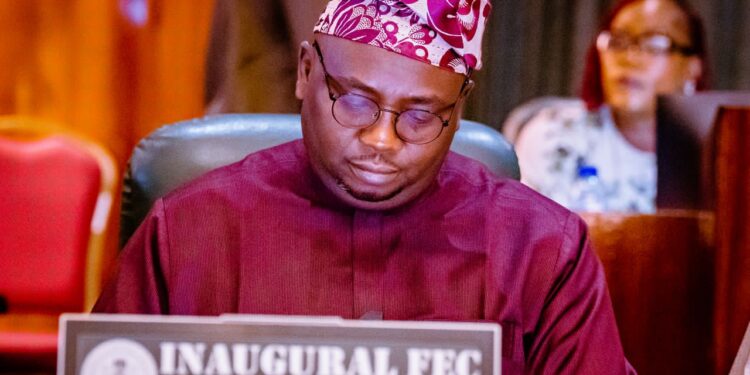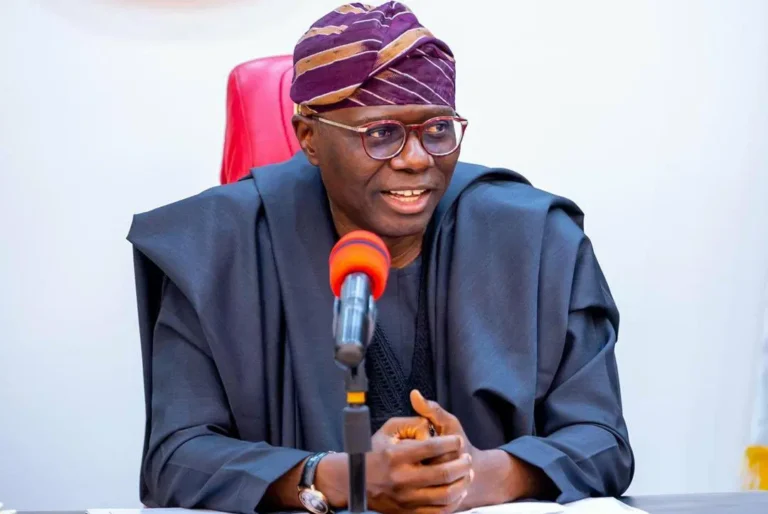
The Minister of Power, Adebayo Adelabu, has announced plans to expand the national grid by an additional 150MW before the end of the year.
He made the statement on Thursday during a briefing with State House Correspondents following a closed-door meeting between German President Frank-Walter Steinmeier and Nigerian President Bola Tinubu at the Presidential Villa in Abuja.
The Minister disclosed that the ongoing upgrade to the grid is the result of significant progress in the pilot phase of the Presidential Power Initiative (PPI).
The Minister of Power, Adebayo Adelabu, has announced plans to expand the national grid by an additional 150MW before the end of the year.
He made the statement on Thursday during a briefing with State House Correspondents following a closed-door meeting between German President Frank-Walter Steinmeier and Nigerian President Bola Tinubu at the Presidential Villa in Abuja.
The Minister disclosed that the ongoing upgrade to the grid is the result of significant progress in the pilot phase of the Presidential Power Initiative (PPI).
“We have completed the pilot phase of this project up to 80%. This includes the importation, installation, and commissioning of 10 power transformers and 10 power mobile substations. These have been imported, and installed, and most have been commissioned. We have just about two left to be commissioned before the end of the year,” Adelabu said.
“The positive impact of this is that it has added nothing less than 750 megawatts to our transmission grid capacity. This is why we are seeing relative stability in the grid today, which is a direct result of the pilot stage completion. We believe that before the end of the year, an additional 150 megawatts capacity will be added upon the full completion of the pilot phase.” He added
The national grid’s collapse has been widely attributed to aging infrastructure, among other factors. However, Adelabu expressed optimism that ongoing work would improve the system’s reliability.
“When we are done with the Phase One project in transmission, the entire grid will not remain the same,” he assured. “This is a very old grid. It’s quite fragile and dilapidating. We need to revamp the entire grid to ensure stability going forward. “He stated
What you should know
Nigeria’s national grid has suffered the highest number of collapses this year, marking the 11th incident, leaving many parts of the country in total blackouts.
- Following a recent report by Nairametrics the Jos Electricity Distribution Company (Jos Disco) confirmed the collapse in a message to its customers, stating that the incident occurred on Wednesday afternoon.
- This latest failure is part of a recurring issue within the country’s power sector, with grid collapses often attributed to aging infrastructure, inadequate maintenance, and limited capacity in power generation and transmission.
- These challenges highlight the fragile state of Nigeria’s electricity grid, which struggles to meet the demands of a growing population and economy.
- Grid failures have far-reaching consequences, affecting households, businesses, and industries by disrupting daily activities and increasing reliance on costly alternative power sources such as generators.
Although the government has introduced initiatives to upgrade and stabilize the national grid, progress remains gradual.
This latest incident highlights the urgency of addressing the systemic issues in the power sector to ensure a reliable and sustainable electricity supply in the country.
SOURCE: NAIRAMETRICS




